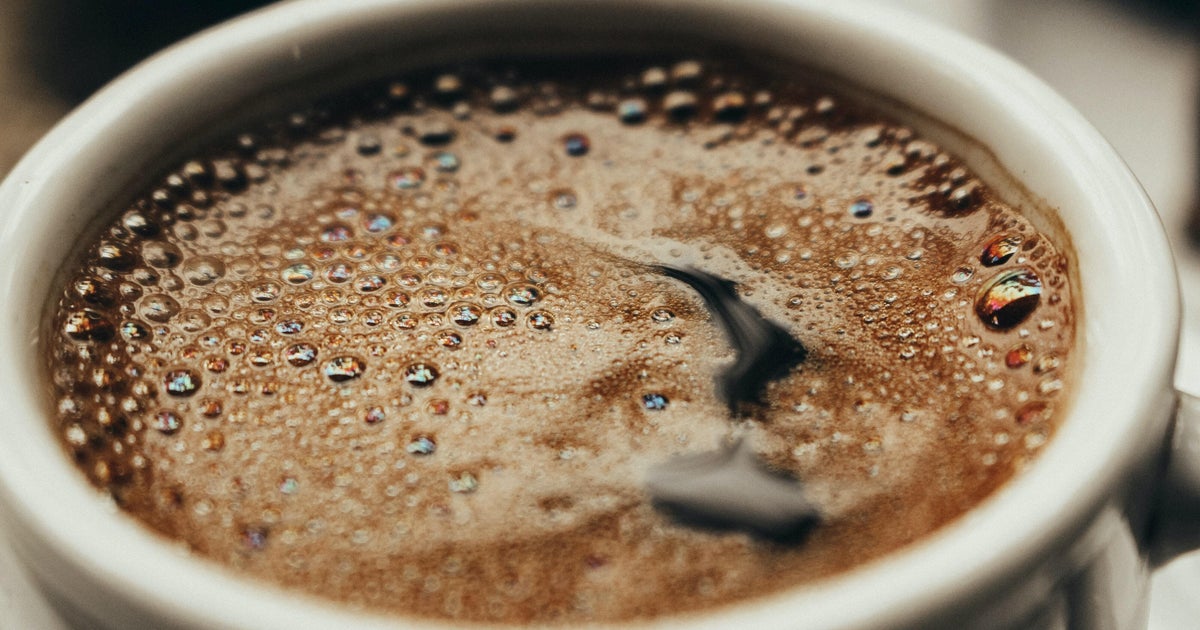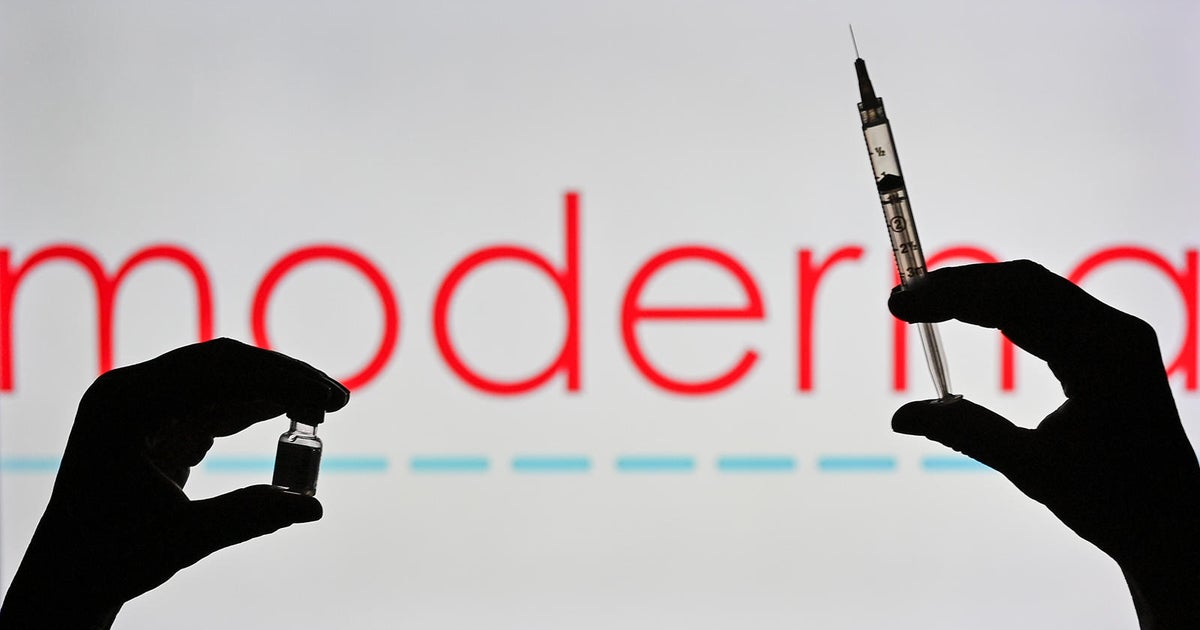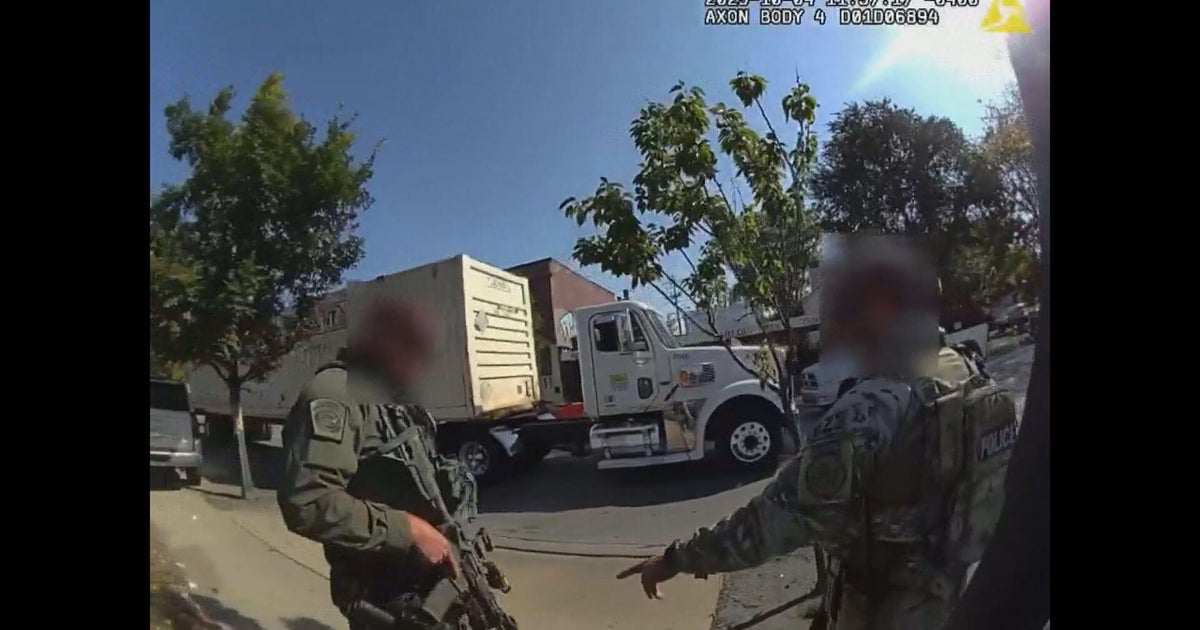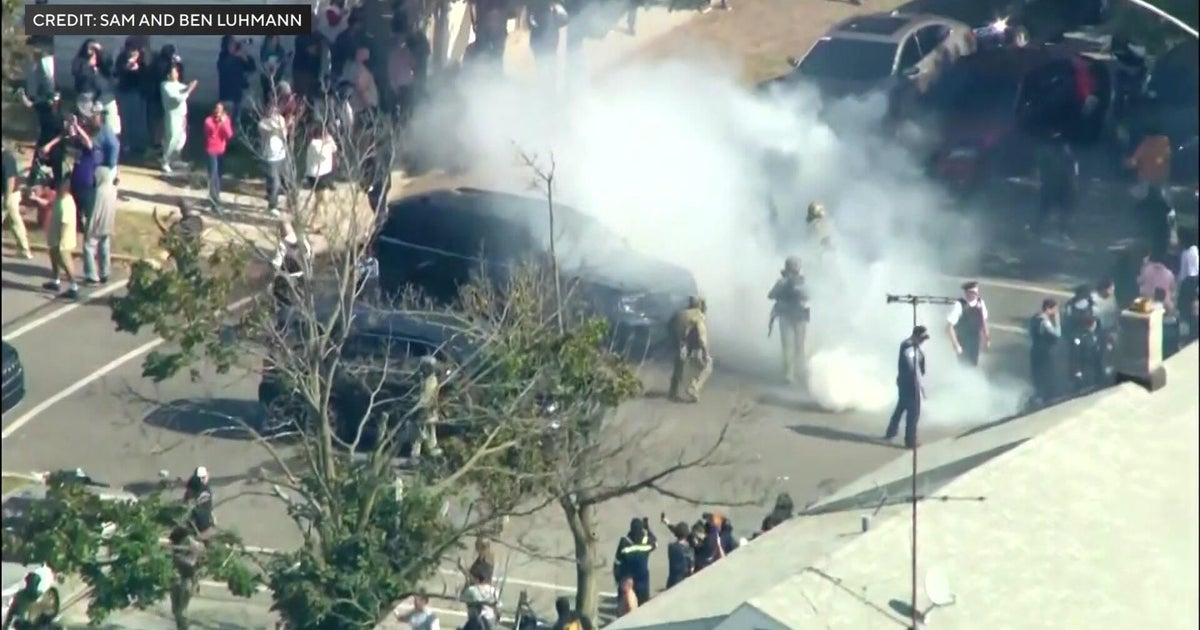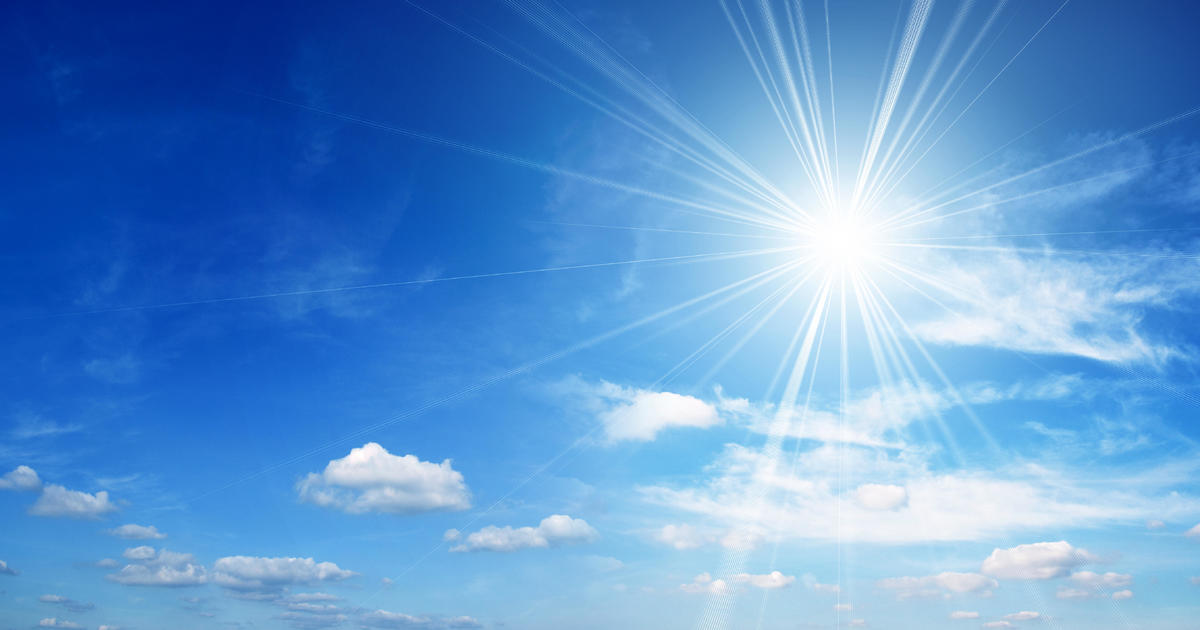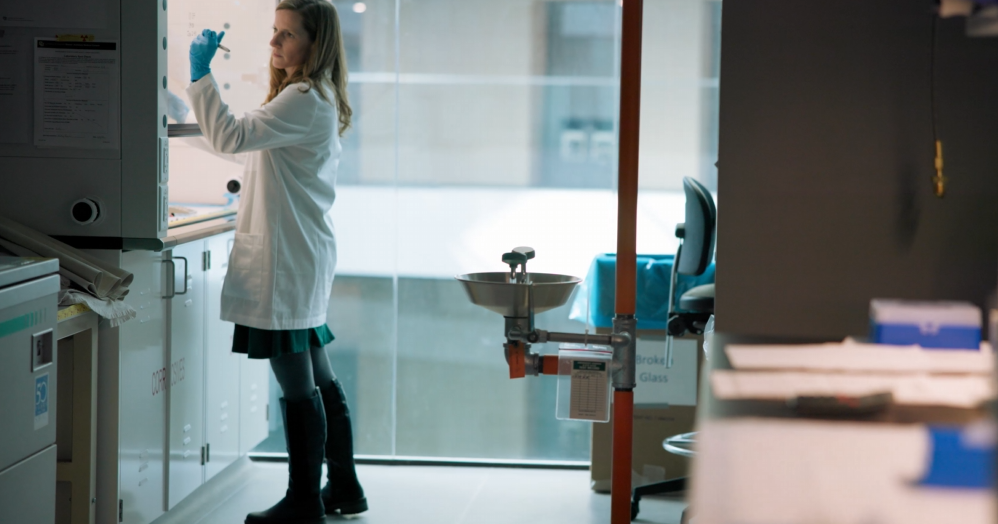Poor sleep may decrease effectiveness of vaccination, study suggests
Make sure you're getting a good night's sleep before and after your next vaccine appointment — it could boost its effectiveness of the shot, a new study suggests.
Sleeping less than six hours around the day of vaccination was associated with a lower antibody response compared to people who slept seven hours or more, according to a new study published in the journal Current Biology Monday. The study notes that a person's antibody response is a "clinically significant biomarker of protection" and "an early indicator of immunity" after vaccination.
"Good sleep not only amplifies but may also extend the duration of protection of the vaccine," senior author Eve Van Cauter, professor emeritus at the University of Chicago, said in a statement.
The meta-analysis reviewed studies of people who received flu shots and hepatitis vaccines, and found the connection between sleep and antibodies appeared especially strong in men. Authors says this difference is likely due to fluctuating sex hormone levels in women.
"We know from immunology studies that sex hormones influence the immune system," lead author Karine Spiegel, of the French National Institute of Health and Medicine, said in a statement. "In women, immunity is influenced by the state of the menstrual cycle, the use of contraceptives, and by menopause and post-menopausal status, but unfortunately, none of the studies that we summarized had any data about sex hormone levels."
Authors say more research is needed to understand the sex disparity, the ideal length of sleep and which days around the vaccine are most important for sleep.
But at a time when boosting immunity has been on many minds since the onset of the COVID-19 pandemic three years ago, these findings might help give people a little bit more control.
"We are going to be vaccinating millions and millions of people in the next few years, and this is an aspect that can help maximize protection," Spiegel added.
